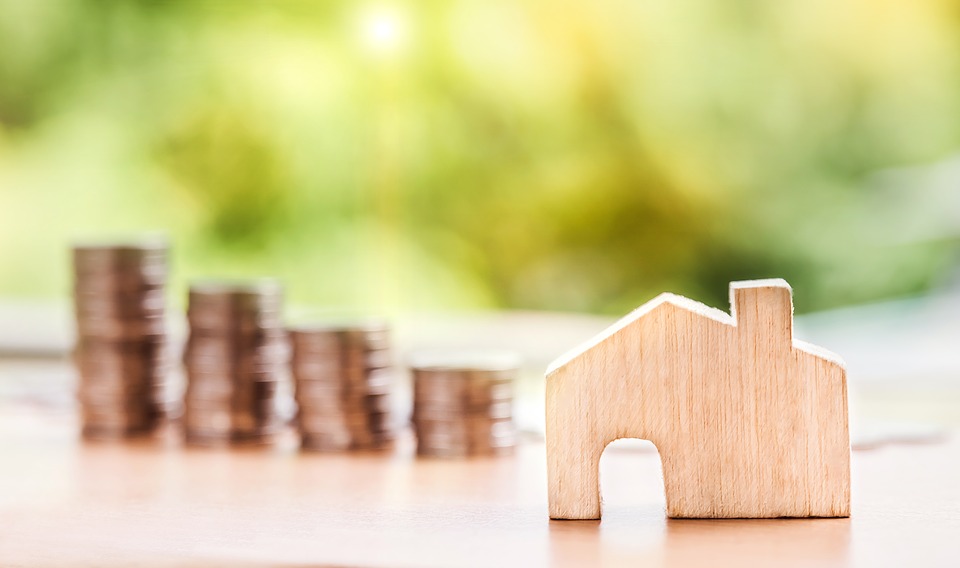
Let’s be honest at the outset of this article. Buying a house isn’t cheap!
Not only are you buying a property, but there are also other expenses you need to factor in, such as insurances, taxes, and removal costs. You are going to feel the pinch, at least for a while, though we do have some extra tips here which might come in useful when you’re getting ready to move.
In this article, we are going to concentrate on the house buying process, with some useful tips to help you curb the costs. We can’t perform miracles – we aren’t going to show you how to get a house for a dollar – even when you do see such an attractive proposition, there is always a catch – but we can reduce the damages to your bank balance.
Tip #1: Work out what you can afford
Seriously, don’t start looking at high-priced houses if you can only afford something mid-range. Look at your budget, factoring in all of the sneaky house buying expenses above and beyond the asking price, and then narrow down your search to those houses that you can comfortably afford to buy and live in.
Tip #2: Find a good realtor
You could try and save money by not using a realtor, but realistically speaking, if you don’t know what you are doing, you might only make some dumbass financial mistakes in the process. A decent realtor will help you reign in your impulses to buy something you can’t afford, guide you according to your budget, and help you negotiate a good deal with the seller. Search online for the #1 realtors in your area, somebody akin to Frank DiTommaso, and/or ask your friends and family for their personal recommendations.
Beyond general recommendations, it’s crucial to find a realtor with deep knowledge of specific neighborhoods, especially those with unique historical or architectural significance. These areas often have distinct market dynamics and community characteristics that a general agent might overlook. For instance, if you’re drawn to the charm of Salt Lake City’s oldest and most eclectic districts, a specialist can guide you through the nuances. Understanding the unique blend of history, architecture, and community spirit is key when looking for Homes for sale in The Avenues, Salt Lake City, Utah. Such expertise ensures you find a property that truly fits your lifestyle
and investment goals within these special locales.

Tip #3: Get multiple loan quotes
Don’t settle on the first mortgage you are offered. While you might be rejoicing that you actually received a mortgage offer in the first place, remember that interest rates do vary between lenders. Speak to multiple banks and other mortgage lenders, and go with the company that offers you both the lowest rates of interest, and the lowest fees when compared to their competitors. Remember too, that the bigger down payment you can make the better. You will then be able to reduce the length of the loan, bring down the interest costs, and possibly sidestep the costs of mortgage insurance depending on the type of loan you are going for.
Tip #4: Buy a home during the winter
Real-estate prices are dictated by a number of factors, including the seasons. Traditionally, house prices are usually higher in the spring and the summer, as these are the times when consumers are more likely to purchase something. Therefore, despite the cold, wait until the winter months to make a purchase, as you may get the home of your dreams for a significantly cheaper price.
Tip #5: Negotiate with the seller
As we alluded to earlier, you don’t have to accept the asking price for a property. In some cases, you may have to pay more, especially if there is a bidding war with an in-demand property, but in some cases, you may be able to pay less. For more details, the advice within this article may prove invaluable to you when it comes down to making that all-important deal with the seller.
Own a house already!
Flip your Home for a profit.
Your home is probably your biggest asset (unless you’ve got a killer stock portfolio). And so often, it’s your best chance to make a lot of money and get a return on your investment.
Flipping homes was all the rage before the financial crisis of 2008. People used to buy homes, wait for them to go up in price, and then sell them on to a buyer at a higher price, knowing that the banks would fork out for the mortgages. It was an unsustainable situation which eventually imploded with the collapse of Lehman, Fannie Mae and Freddie Mac.

That doesn’t mean that flipping a home for a profit is no longer possible. With the return of normal conditions in the housing market, it’s actually still pretty simple to achieve. Here’s what the experts do to turn a profit.
Buy A Dilapidated, But Structurally Sound Property
When you’re trying to make a profit by flipping a home, you’re trying to buy as low as possible, and sell as high as you can. Buying low is an art form in itself: it requires a bit of cunning and strategy. Seasoned property flippers know that a dilapidated house without structural issues is a godsend – an opportunity to make a lot of money.
The reason is that dilapidated homes don’t usually require as much money to make good (at least compared to a property with structural issues). Often they sell cheap because of what they look like, not because they are unfit for human occupation. A lick of paint and a tidy up and they’re easily transformed.
Manage Your Project
If you’re new to residential property management, it can be tricky to avoid overspending on renovations. The good news is that there are plenty of consultants out there who can provide direction on where to spend money and what sort of investments will give the biggest return.
Consultants know what buyers in particular areas want, and which areas of a property can provide the most bang for the buck. Remember, you want to make sure that you get a return on your investment – that whatever you do to renovate a property costs you less than the property increases in price.
Learn more on Flipping your home for profit. ===> My new house
If you decide to buy your house or sell your house, take you time while your planning your new project.

We hope this advice was useful to you, but let us know what you think. And if you have any advice of your own for our readers, be sure to let us know. Thanks for reading!
Stanley
Popular posts on Bag of Cents:
Leave a Reply